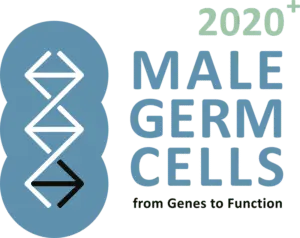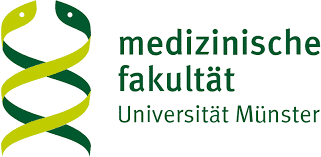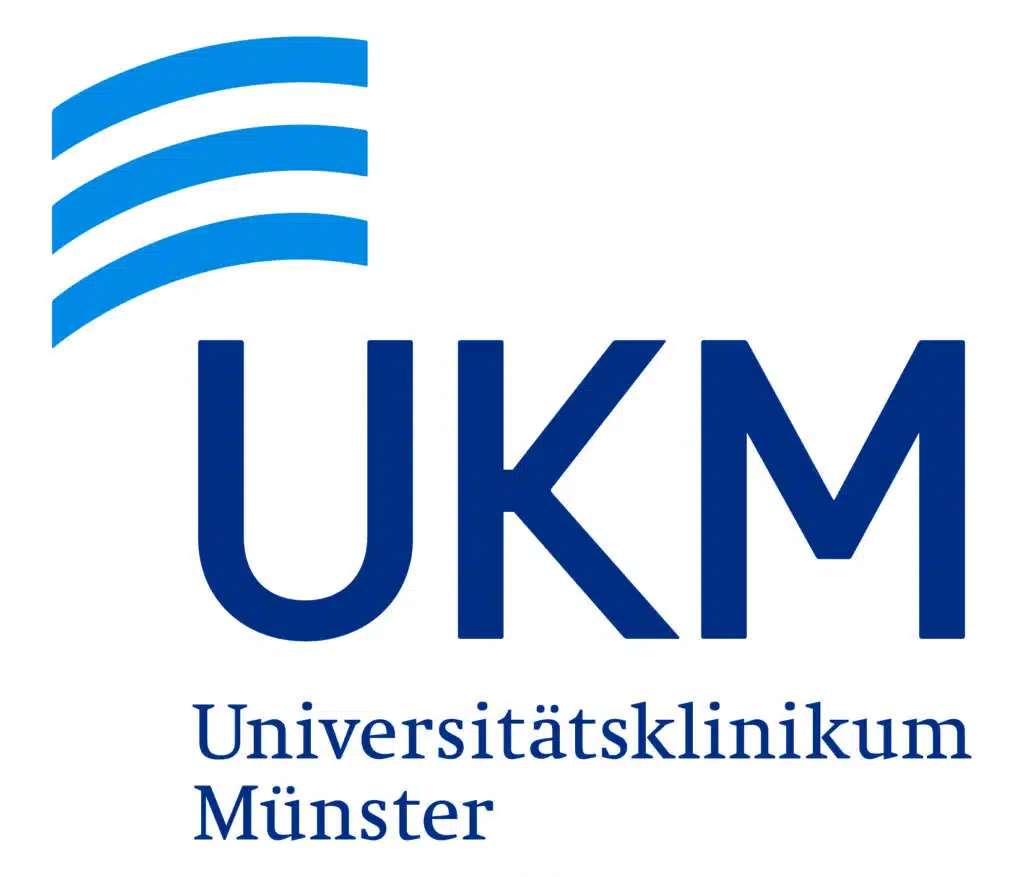Research Profile
Research Areas
Reproduction.MS is characterised by its integrated approach, investigating both the fundamental aspects of reproduction and the pathomechanisms of infertility. In Münster, our focus is on male infertility. Additionally, we are advancing projects on fertility preservation and restoration, both before and after oncological treatments. To achieve this, we integrate interdisciplinary research across molecular and cell biology, physiology, (epi-)genetics, evolution, and (bio)informatics with multimodal data analysis.
Local Collaborative Research Projects
The URTC “Reproductive Health” at the Medical Faculty of Münster comprises over 44 researchers from 27 institutes and clinics, focusing on infertility, embryonic development, and the mechanisms that control embryo implantation and pregnancy. These include oncological research, as well as gonadal tumours, the interplay between infertility and oncogenes, and the fertility preservation measures required before oncological treatments. The primary goal of the URTC is to forge a close connection between medicine, clinical science, and basic research, thereby accelerating the translation of new findings into clinical practice.


The CRC initiative “Reproduction.MS” will continue to expand and enhance previous efforts to establish a beacon of excellence in deciphering the molecular mechanisms of male infertility. By utilising innovative research approaches und cutting-edge technologies, the initiative aims to generate new insights and therapeutic approaches.


